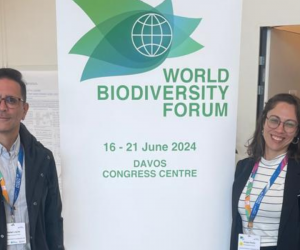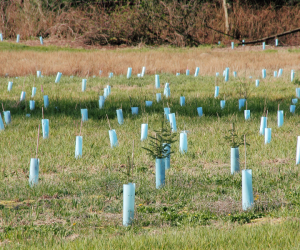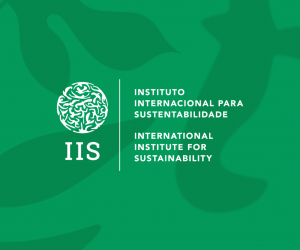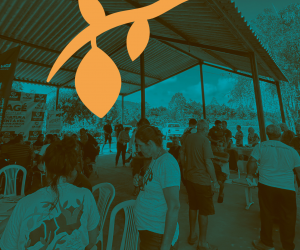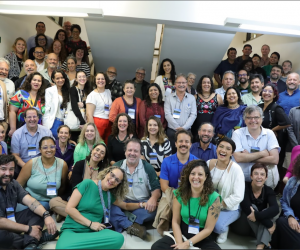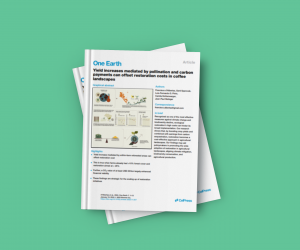News > News
17.04.14
Study proves the possibility of implementing native forests for economic purposes in the state of São Paulo
The Environmental Secretariat of São Paulo (SMA/SP) presented an event in São Paulo on April 25th, with results of a study showing the feasibility of implementing native forests with ecological and economic purposes in the state. The event was attended by the International Institute for Sustainability and representatives of non-governmental organizations, government agencies, academic institutions, and companies.
The study “Instrumentos para viabilizar a implantação de florestas nativas com finalidades econômicas e ecológicas” (“Instruments to enable the implementation of native forests with economic and ecological purposes”, in a free translation) was developed under the Sustainable Rural Development Project of SMA/SP, through a contract between the organization and the Forestry Science and Research Institute (IPEF). The motivation for the development of the study came from two issues raised by SMA/SP: what is necessary to enable the implementation of legal reserve? And how can the legal reserve be seen as an opportunity?
Firstly, the assessment of important species of flora was accomplished, as well as their characterization, and then defined species to generate timber and non-timber products. The data collected by the study showed a deficit of two million hectares in the state of São Paulo, which can be reversed by implementing legal reserves or protected areas. The priority areas of the survey were selected according to criteria such as the analysis of micro basins, risk of contamination, existing biodiversity and others.
The results of the study in priority areas proved the economic feasibility in the implementation of native forests, being necessary to provide a credit line to finance the producer in the first 20 years, when the activity becomes profitable. Some non-timber species have a smaller profit, but continuous income; timber species already take longer time to grow, but they guarantee a higher financial return. Even when compared to livestock, the use of legal reserve was more feasible in many locations.
“The study is very interesting and extremely important. Even knowing that planting forests is not the best deal for the producer, we need to change this culture that forest is bad. A study like this is a first step towards this change, showing that it is feasible to use native forests with ecological and economic purpose, in other words, showing that it is an alternative. It is necessary to produce more studies like this to give subsidies for the development of projects and public policies”, said Helena Alves Pinto, environmental analyst at IIS.
The study results will be available at SMA/SP website.

